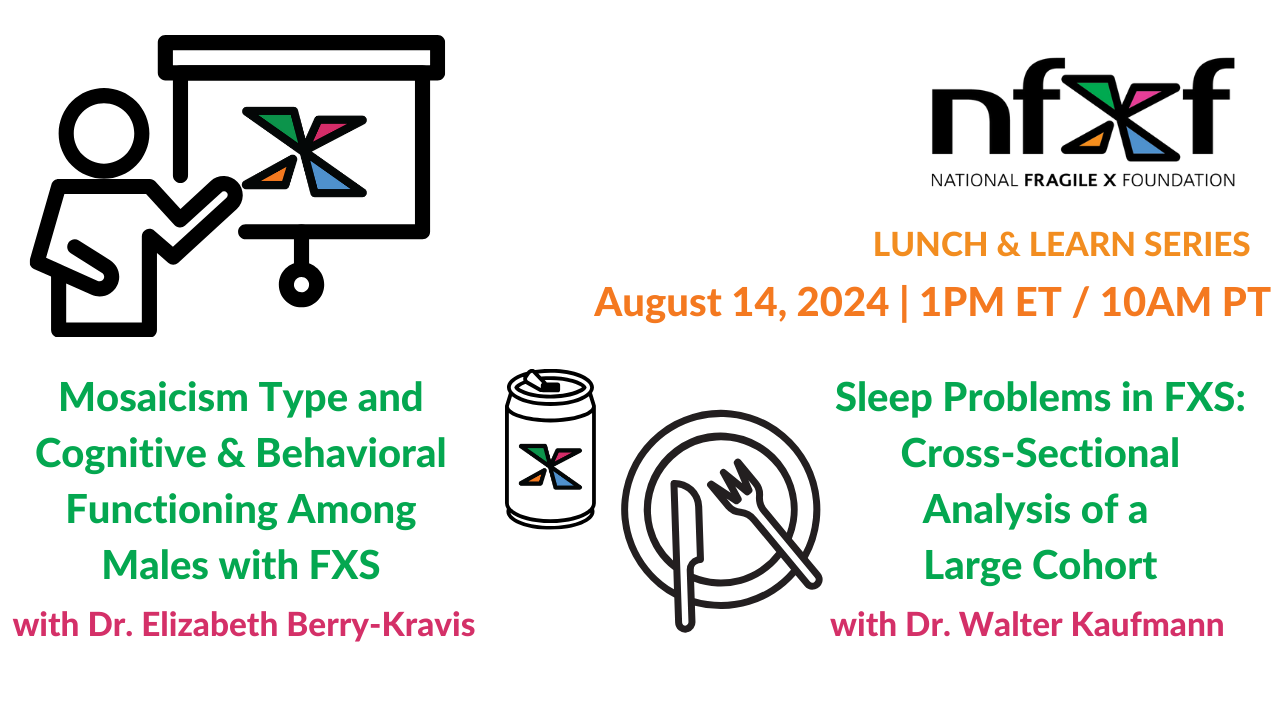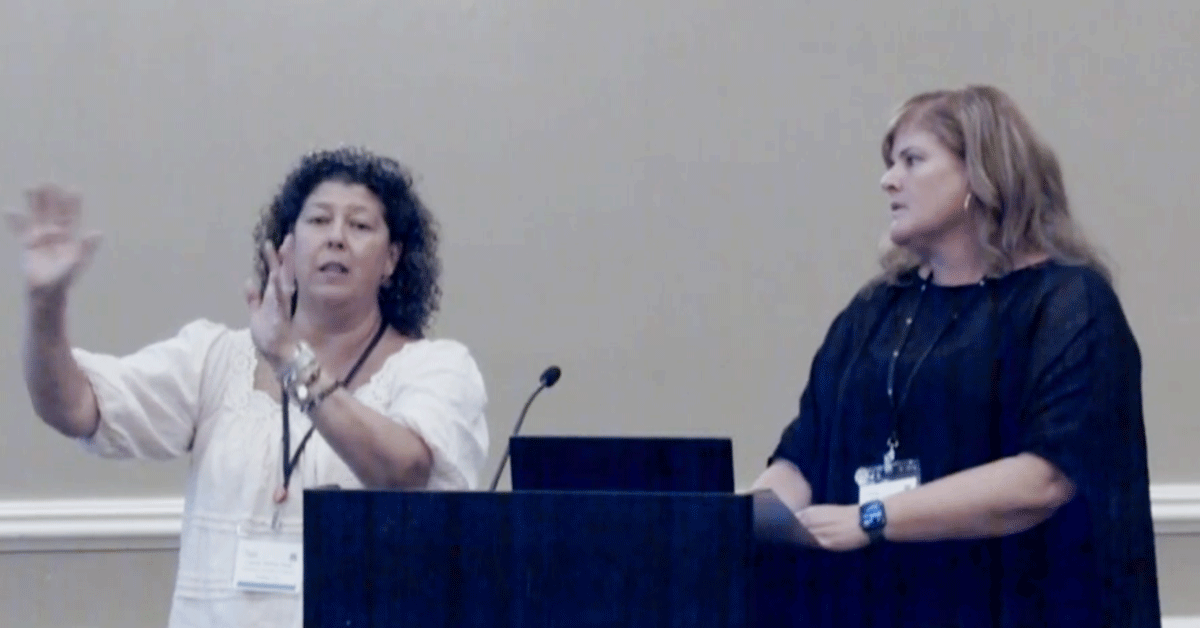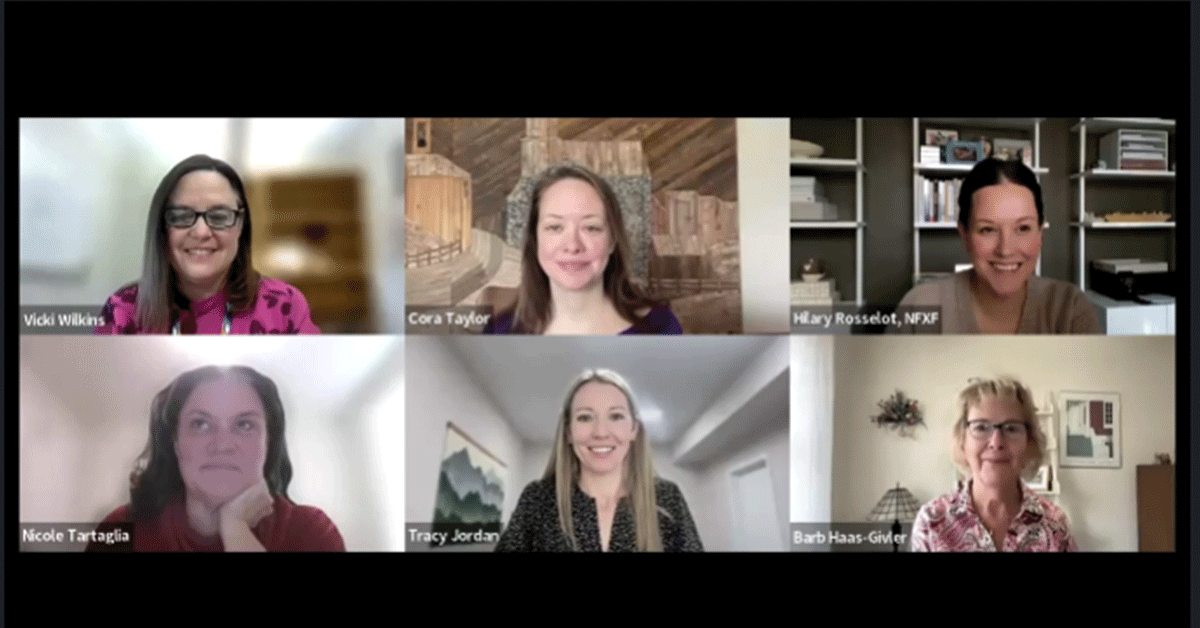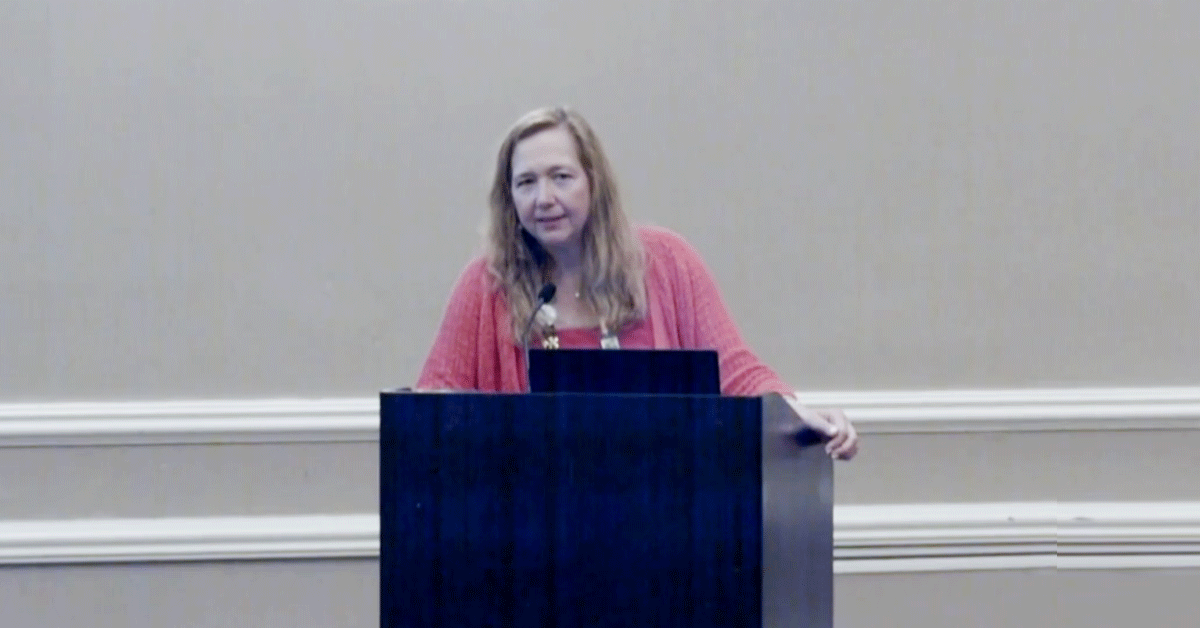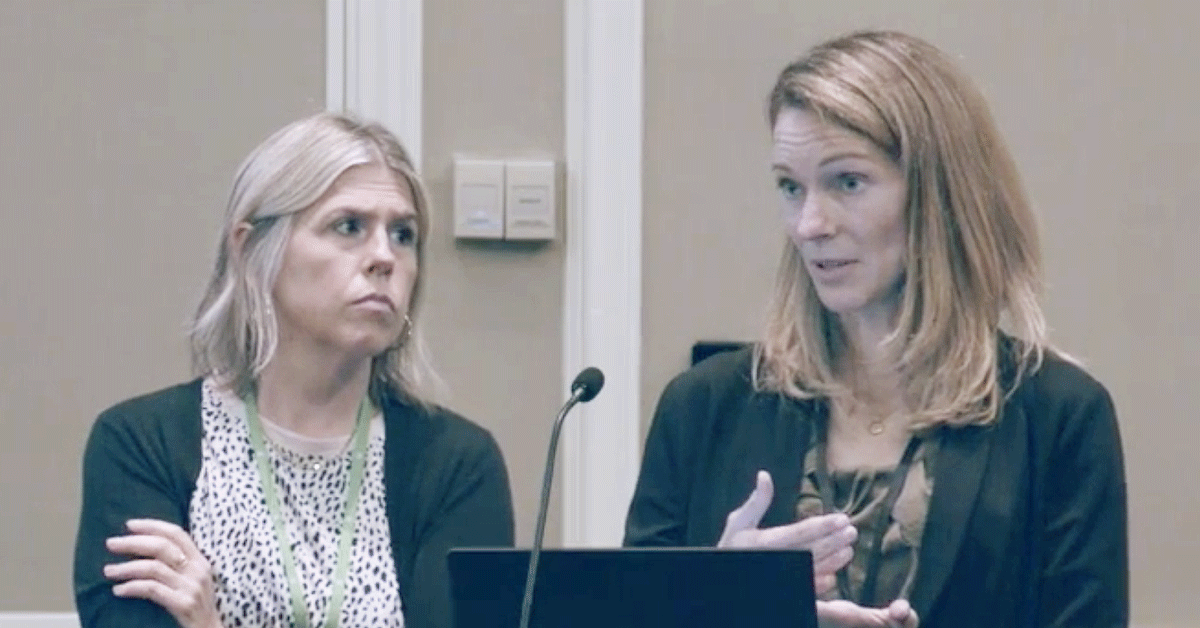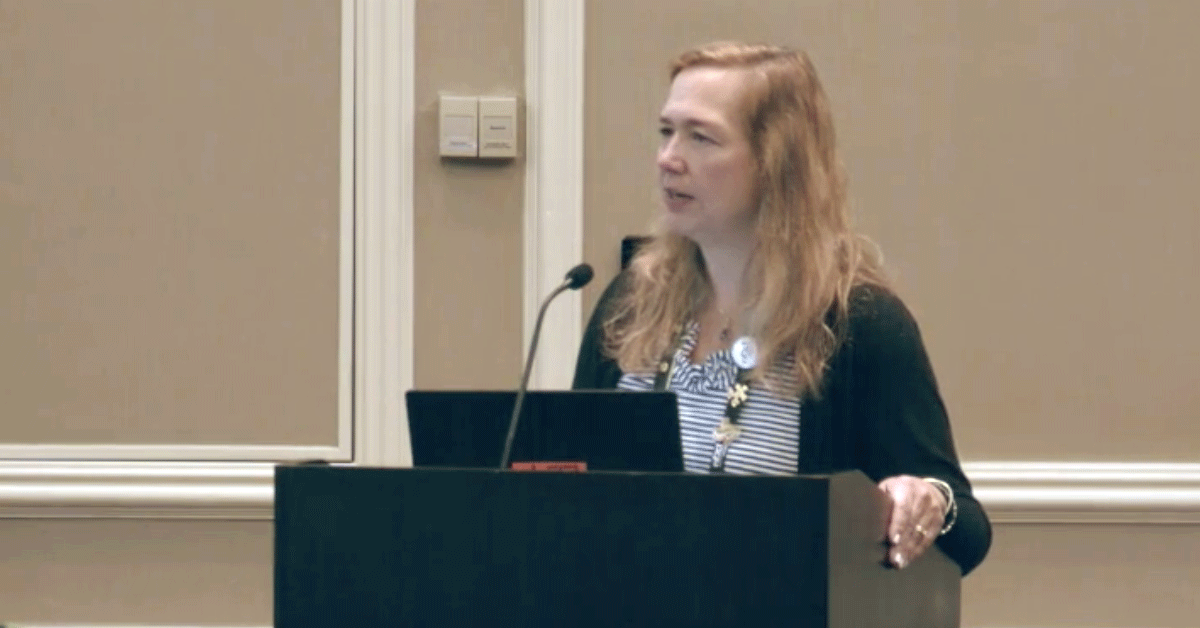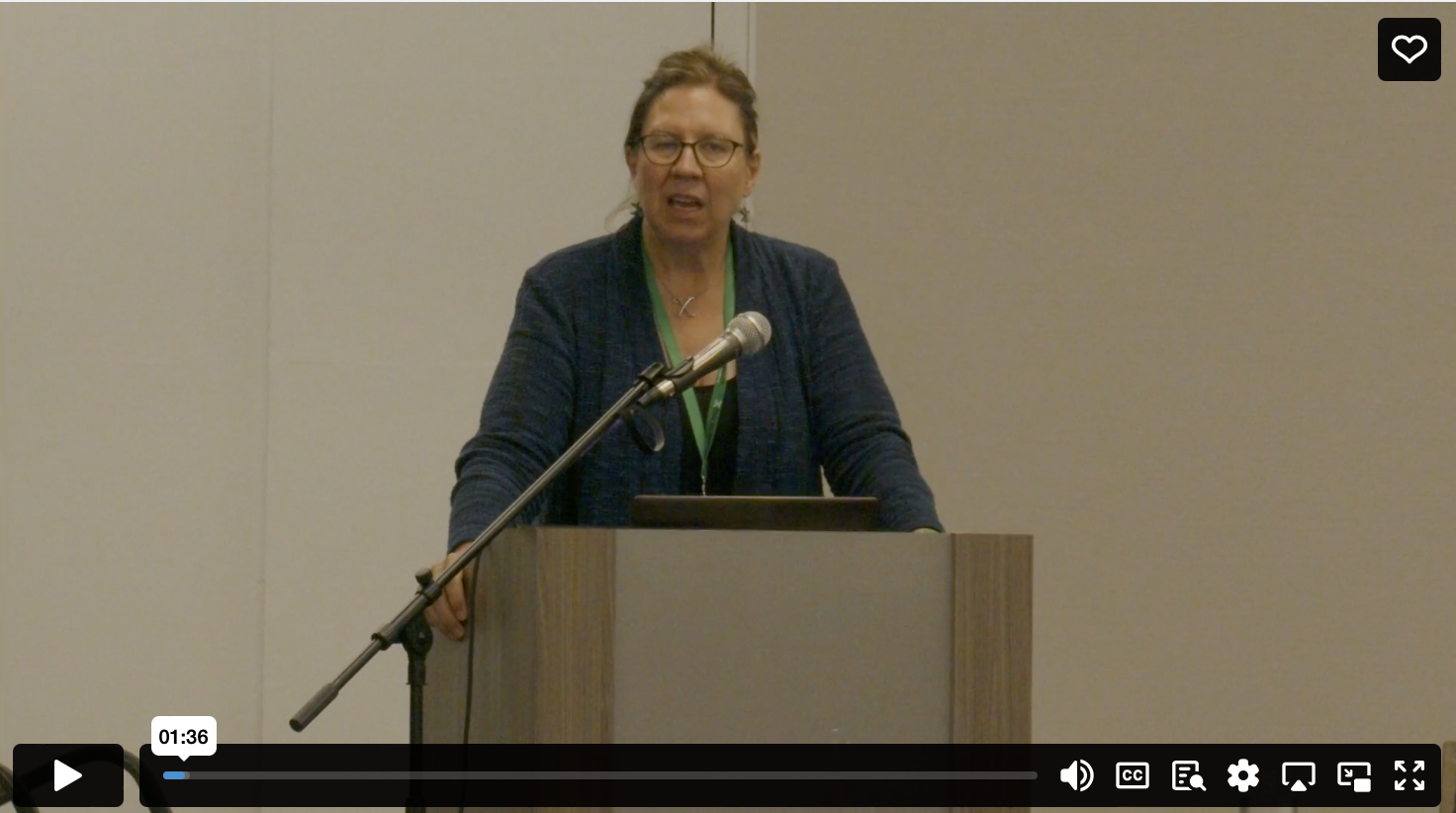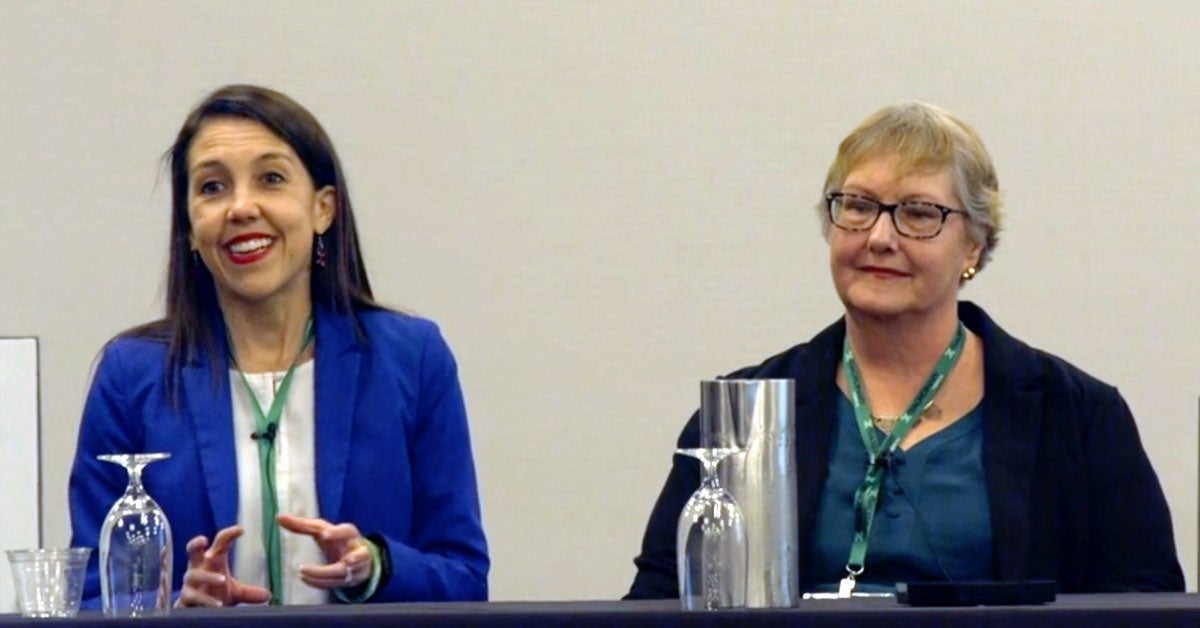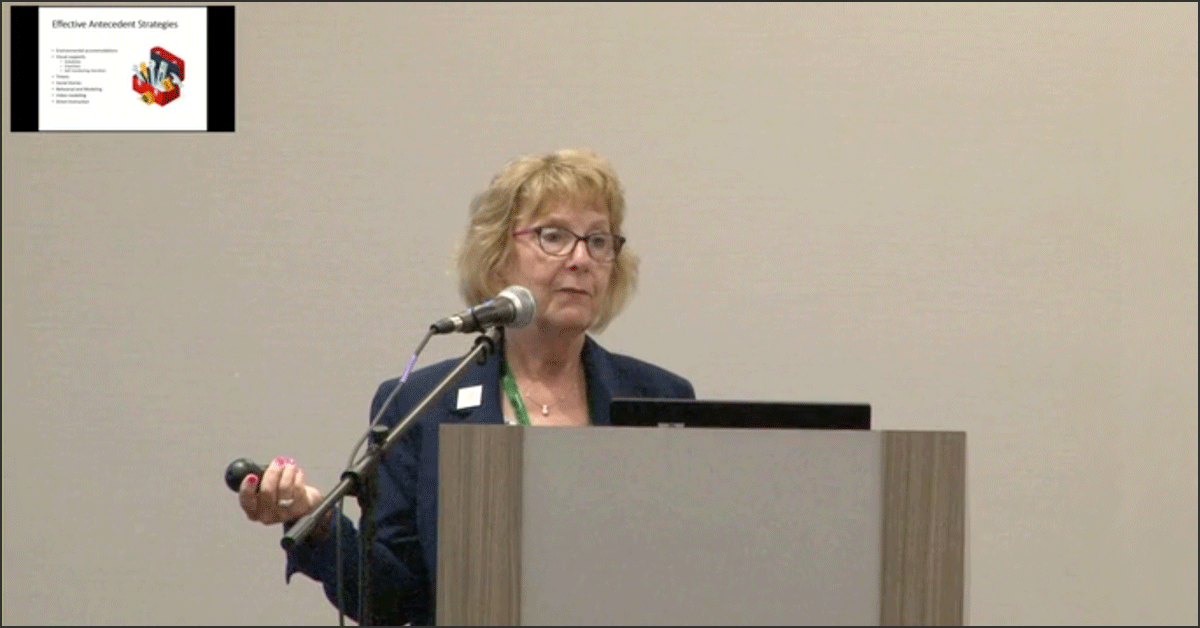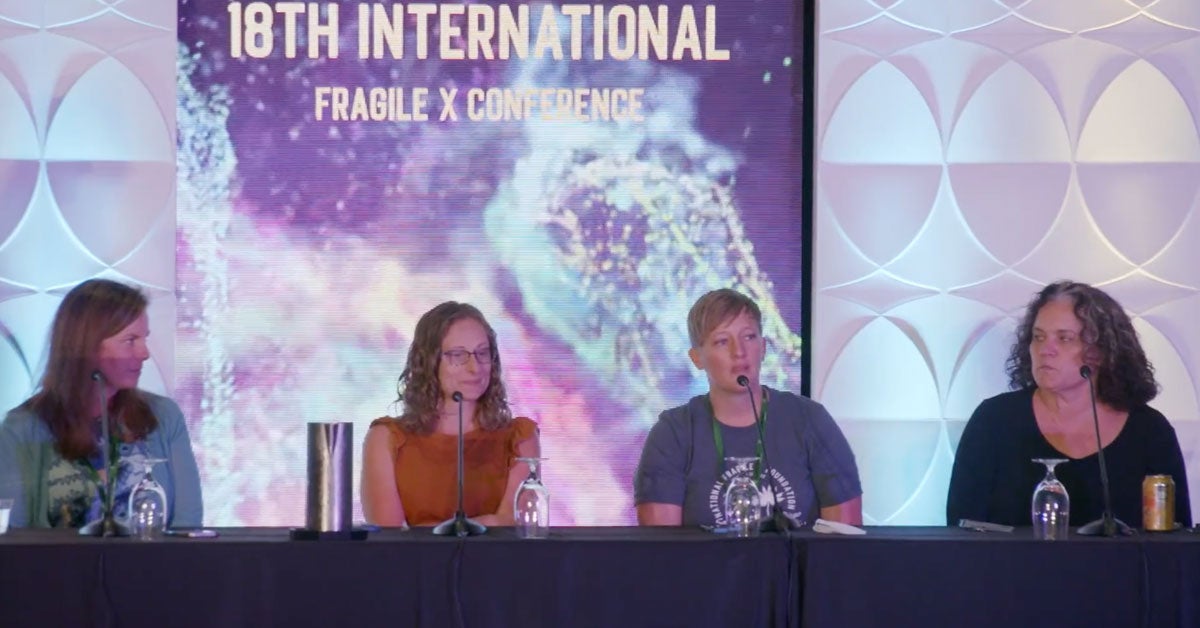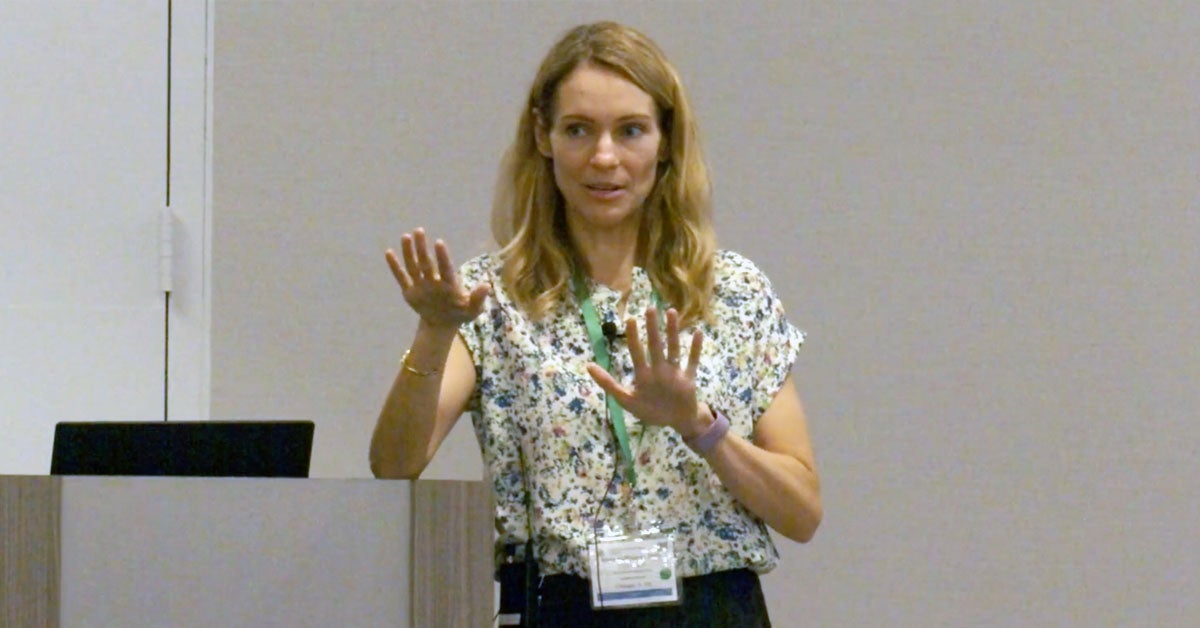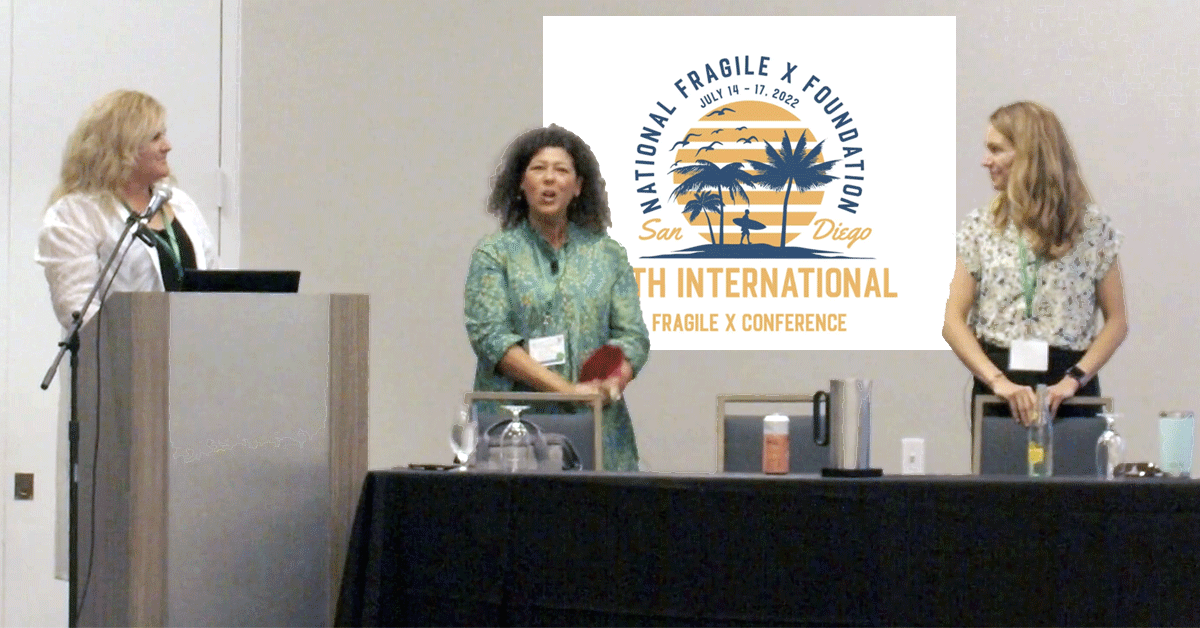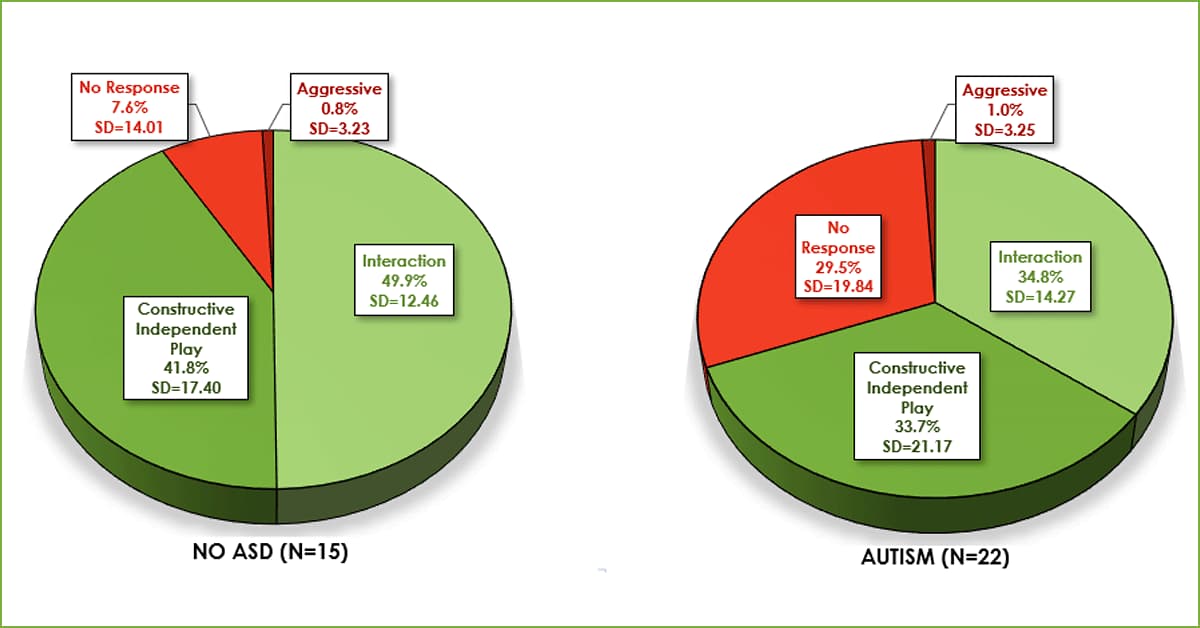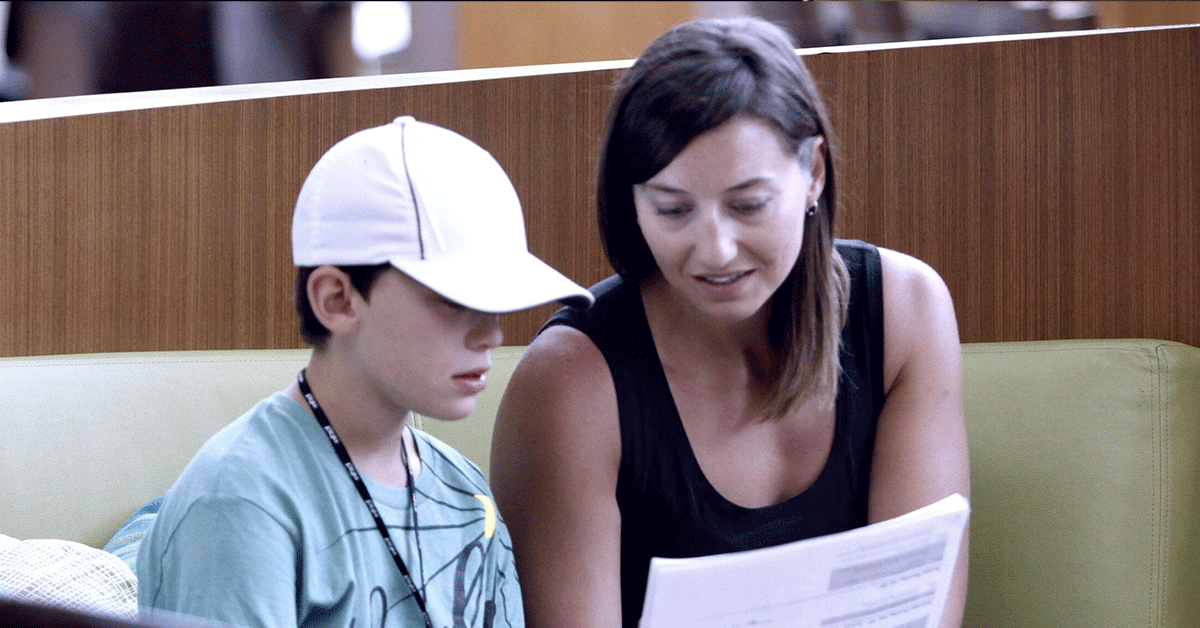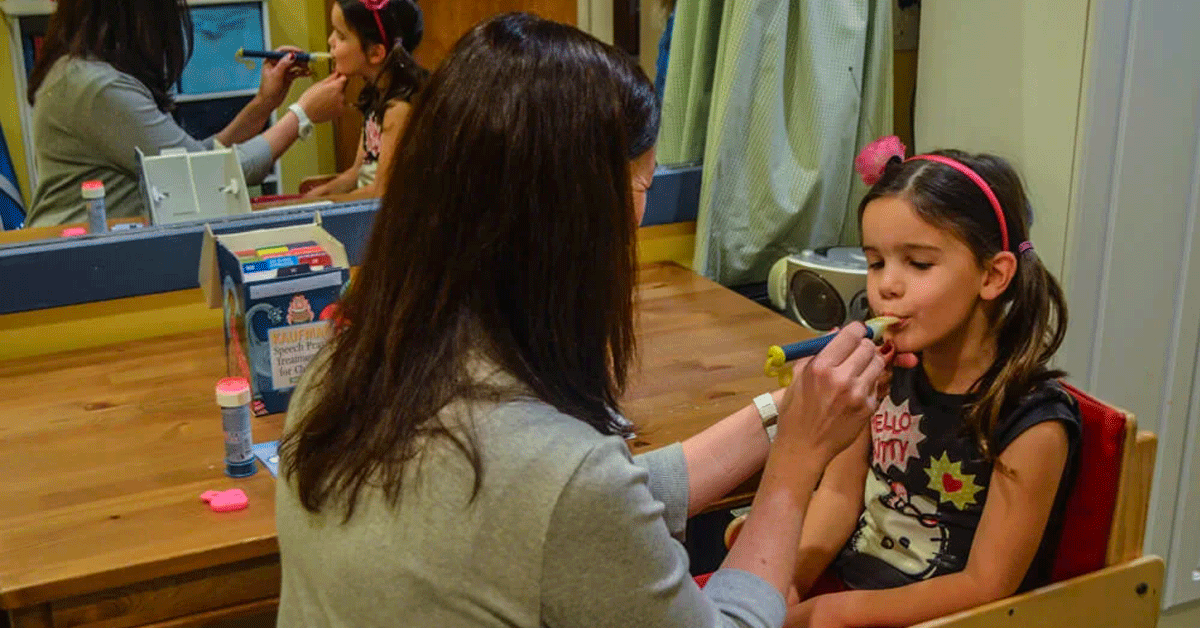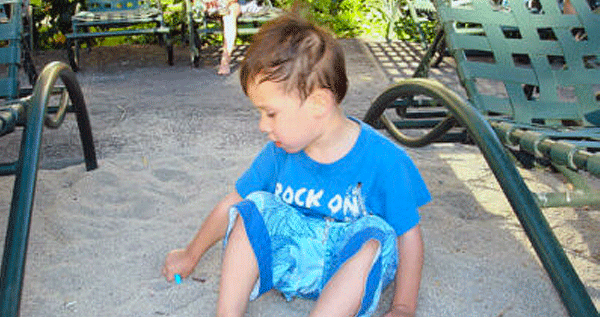The holiday season can feel more like survival mode. Changes in routine, packed social calendars, and lack of sleep create unique challenges for individuals with Fragile X syndrome.
Dr. Elizabeth Berry-Kravis and Dr. Walter Kaufmann presented two of the “most-cited” publications from the American Journal of Medical Genetics Part A and answered questions during a moderated Q&A.
This family-friendly introductory session unpacks the complexities of assistive technology from early childhood to special education IEPs through to adulthood. Families will learn about no-to-high-tech assistive technology with examples and how it works.
Use our customizable “About Me” template to help describe Fragile X to your schoolmates or colleagues.
This workshop with licensed clinical psychologist Jennifer Epstein is for caregivers of individuals with FXS. It provides an overview of methods (general strategies with modifications for FXS and trip and schedule training) that support the practice of readiness skills.
In this presentation, hear an overview of how the Early Check team is integrating telehealth models in order to provide families with the necessary information, support, surveillance, and intervention.
The multidisciplinary panel discussed the unique experiences and support needs of females living with Fragile X syndrome. While females may sometimes exhibit fewer overt support needs, they can be as significantly affected as males. This complexity highlights the necessity for individualized approaches to support and intervention.
Dr. Jennifer Epstein reviews toilet strategies for use with older individuals (age 10 through adulthood).
Anne Hoffmann and Kristen Vincent present tools that caregivers can use to encourage communication development for children during their early stages of development.
Learn about ways to support growth in toilet readiness skills. This workshop provides you with specialized information about modifications that may make toilet training more successful based on the neurobiology of FXS and data from other families from the FORWARD project.
Speech-language pathologists Anne Hoffmann and Kristen Vincent focus on developing language past the one-phrase level.
Speaker Barbara Haas-Givler provides resources and strategies for implementing social skills support in the classroom, home, and community.
How to make children with Fragile X syndrome comfortable at your next dinner party or BBQ. Birthday parties are another topic altogether.
In this presentation, participants learn why visual supports are an essential facet of home, school, and therapy.
This session discusses specific challenges that arise during puberty and adolescence while also providing youth and their caregivers with some strategies and resources to assist in navigating the teenage years.
Explore behavioral challenges and triggers in FXS, evidence-based practices, and strategies to support social skills at school, home, and in the community.
Sleep problems can be hard on the entire family and can impact behavior. This session discusses common sleep problems and some strategies for treating them.
Experts in the field discuss support and solutions for females with Fragile X in this panel discussion and Q&A.
This presentation focuses on tools that caregivers can use to encourage communication development for individuals at early stages of development.
This interactive, family-friendly presentation focuses on considerations for school-age children with Fragile X syndrome.
Findings showed that sleep difficulties are prevalent in children with FXS and, although they tend to be mild, they are associated with behavioral problems and negative impact to families.
Dr. Marcia Braden presents a webinar about females and Fragile X syndrome to help you better understand the features associated with the syndrome.
Mouth stuffing is a symptom of other oral motor issues that need to be addressed by your occupational therapist, speech therapist, oral facial myologist, or sometimes two or three of these professionals working in concert.
In this guided session, each self-advocate panelist prepares a presentation and talks the viewers through their life experiences so far.
Parents and other caregivers must consider many factors when caring for adults with Fragile X syndrome, and the process of planning and obtaining adequate care can be quite complicated.
Our expert panel discusses the issues around caring for young children with Fragile X syndrome, including speech development, integrating with their typical siblings, occupational therapy, behavioral issues, and much much more.
Dr. Rebecca Shaffer joins us to give advice and tips on developing play skills with your children with Fragile X syndrome.
These findings provide preliminary information about the early language learning environment and support for the feasibility of utilizing an automated vocal analysis system within the FXS population that could ease data collection and further our understanding of the emergence of language development.
Individuals with Fragile X syndrome often have difficulty establishing meaningful friendships. Limited social skills, social anxiety, and an often narrow range of interests contribute to these difficulties. Here, we discuss various interventions that can increase their social network.
Toilet training is not simply delayed for children with FXS; it often requires behavioral techniques that address their physical and behavioral phenotype
We discuss verbal perseveration, a very typical and pervasive aspect of language in Fragile X syndrome. Does verbal perseveration interfere with daily living and activities? On the list of questions parents ask the most often, verbal perseveration is at the top.
Though males experience greater frequency and severity of symptoms, females with FXS present a variety of challenges as well. This article is dedicated to addressing those challenges.
Video modeling utilizes readily available technology to provide a model of appropriate social, language, behavior, or specific targeted daily living or job skills.
Many children with Fragile X syndrome struggle with feeding issues ranging from over-stuffing to picky eating. Mealtime can become stressful for families when these feeding problems exist. Here we highlight some common feeding difficulties and suggest strategies to make mealtime more successful for your family.
Toilet training continues to be an important issue for families who have children with Fragile X syndrome. There is hope for older children (about age 8 and up), but they require a different approach to toilet training. This article addresses the strategies found to be the most successful in this population.
Preparing our children to access their communities without the risk of inappropriate behavior or misunderstood sexual language that may be misconstrued.
When discussing FXS and behavior, it is important to note that — like every person — the focus should not only be on the challenging behaviors you may see. It is essential that parents look at the whole person. Some behaviors may result from the condition, many of which are positive, and they are the behaviors you will see most often.
Play allows children to use their creativity while developing their imagination, dexterity, and physical, cognitive, and emotional strength.
An assortment of sensory-, routine-, and language-based daily life strategies from the experts at Developmental FX, drawn from evidence-based practice and knowledge of the neurocognitive development of children with FXS.




